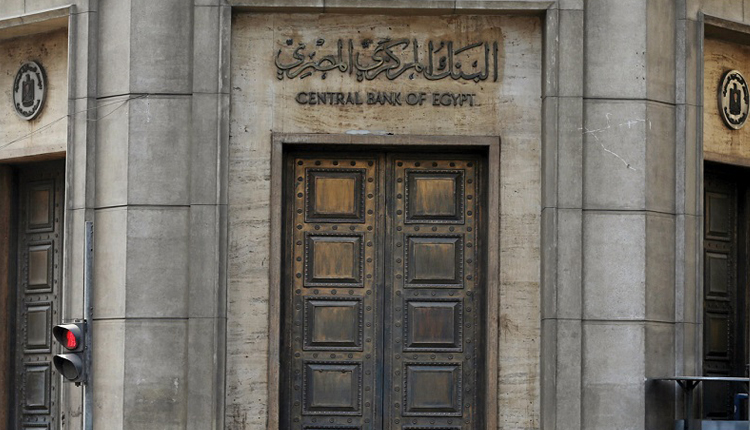The Central Bank of Egypt (CBE) cut interest rates last week by 1.5 percent, down to 14.25 percent, the first cut in six months.
Forecasts had predicted a cut of between 0.5 percent and 1 percent, while a few economic analysts expected that the CBE would fix rates at 15.75 percent.
All sectors have welcomed the new cuts as a necessary action to revive the domestic market and boost the economy through attracting more investments and establishing new projects.
Trading Economics (TE) described that action as a surprise for the market, adding that interest rates in Egypt averaged 11.92 percent from 1991 until 2019, reaching an all-time high of 21.40 percent in October of 1991 and a record low of 8.25 percent in September of 2009.
Interest rates are expected to be 14.25 percent by the end of this quarter, Trading Economics predicted.
Trading Economics expects interest rates to be 13.25 in 12 months’ time, and to be around 14.25 in 2020.
Capital Economics said reduction in inflation to a four-year low in July is the main reason behind the new cuts. It expected an additional 100bps, or 1 percent, of cuts by the end of 2019, while Focus Economics expected rates to drop to 12.75 percent in 2020.
Following upon that, number of national and private banks including the National Bank of Egypt, Banque Misr, and the Egypt Post Authority have decided to cut their interest rates on their banking services by between 1 percent and 1.5 percent.
Ibrahim Nawar, a former advisor to the trade minister, told Ahram Online that the new cuts are a positive action towards financing the debt-service and boosting investment.
“It also paves the way to focus more on exports and the processing industry sectors instead of real estate and retailing sectors, helping the real state sector get out of the current recession which it is suffering. All of that would create more job opportunities and increase the productive capacity,” he added.
In addition, according to Nawar, the cut is consistent with global trends, including lowering interest rates and the globally decreasing inflation pressures.
Nawar stressed that the effect of the new cuts must be boosted by decreasing the public debt, increasing public and private investments, and curbing inefficient government expenditure.
During its August meeting last week, the CBE slashed its key overnight rates rate by 150 bps to 14.25 percent, while the overnight lending rate and the discount rate were also reduced by 150 bps to 15.25 percent and 14.75 percent respectively.
Policymakers said the decision was in the line with achieving the inflation target of 9 percent in 2020 Q4 and price stability over the medium term.
The inflation rate has dropped to 8.7 percent in July, its lowest in four years, despite the latest fuel price hikes due to the phasing out of subsidies.
The bank also said that economic growth had gone up to 5.7 percent in the second quarter of 2019 and 5.6 percent in financial year 2018/2019, the highest in eleven years, according to a preliminary estimate.
Source: Ahram Online
